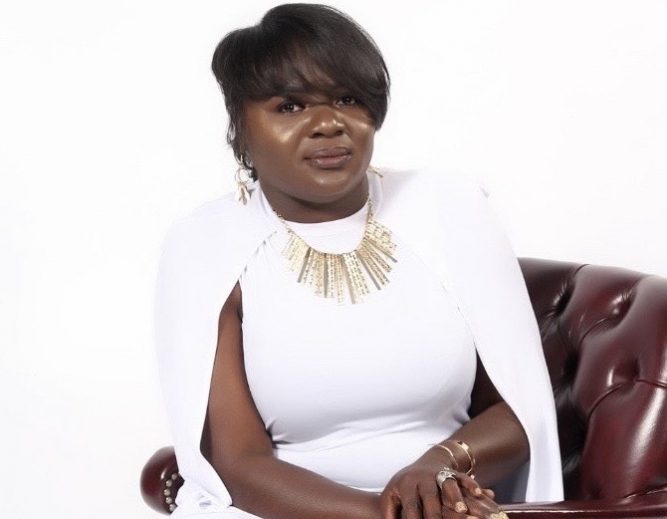
We’ve started a new year, but parents of murdered children feel that the only way we’re able to face the future is by wearing a mask.
What mask? The mask we picked up when we received the news our beloved child has expired. Each day we place the masks on our faces, making sure it’s on tight. The mask gives us remarkable powers. We are strong, fearless, unbreakable, invisible, and determined.
You see, without that mask, we cry, we are sad, we are depressed, we bend, fold, we aren’t strong at all. Each day we try our best to lift our heads off of the pillows, go to work and function normally. At night we can’t sleep, can’t eat, just comforting ourselves with our favorite alcoholic beverage of choice. In the morning, we wake up (if we get any sleep) to continue the same process, just barely functioning.
When we finally have a great time out with family and friends, we feel guilty. We cry thinking we are being disrespectful to our child’s memory. What if my child was here, would I laugh like this? Is my child mad at me because I’m having fun? Is my child mad at me because I’m not crying today? Should I celebrate my child’s birthday this year?
Our days can also be filled with anger, grief, and wondering why we have so many unanswered questions. Phone calls to the detectives go unanswered, and through everything, we’re trying to parent our other children.
As we continue to wear our masks that hide our true feelings, we soon become accustomed to it. We continue to paint a fake smile on our faces as part of our wardrobe that protects us from the world of how we really are feeling.
How many parents can really say they have been honest with others since our lives have changed? Just think about this when someone asks you a simple question and you hide your true feelings.
“How are you doing?” Most of us give the answer they want to hear. We reply, “Fine, and you?” when your mind is really screaming: “I miss my child; I just need a hug from them.” We do this to fit in, as well to not allow someone see us in our true feelings. We want comfort, but we have to remain strong to others because of how we were raised. Is it fair to us?
It’s okay to stop hiding your feelings. If you don’t feel like wearing the mask anymore, don’t. It’s better to be real with yourself than to hide. The next time someone asks you how you are, it’s all right to say, “I’m doing,” “I’m learning” or “I’m trying.”
As we go through this year, learn to set goals rather than resolutions. A goal is measurable and you can set dates as well as break the goal down into steps.
Example: I will learn to deal with my grief.
- Acknowledge your pain. It took me three years to understand my son was really not here on earth. There would be days I would go back and forth with myself concerning my son.
- Accept that grief can trigger many different emotions. One will go through all of the stages of grief when you begin this process. You will cry and become angry. You might laugh at some memories as you go through this process.
- Understand and know this is your pain. We are human and have our own unique characteristics that makes us one of a kind. Know this is your pain and you are in control of your pain.
- Seek professional assistance during this process. A lot of us feel that if we seek professional assistance, you have mental issues. Understand you are learning to live without your child and sometimes help is necessary.
- Be kind to yourself through this process. Learn to laugh again, relax, and make time for yourself.
Kimberly Kamara is the author of “Where’s My Daddy,” a children’s book aimed at kids who’ve lost a parent to murder. The book was inspired by her family’s continuing journey of grief after her son, Niam Johnson-Tate, lost his life to gun violence on July 5, 2017. Kimberly has two daughters and lives in Germantown with her husband.









